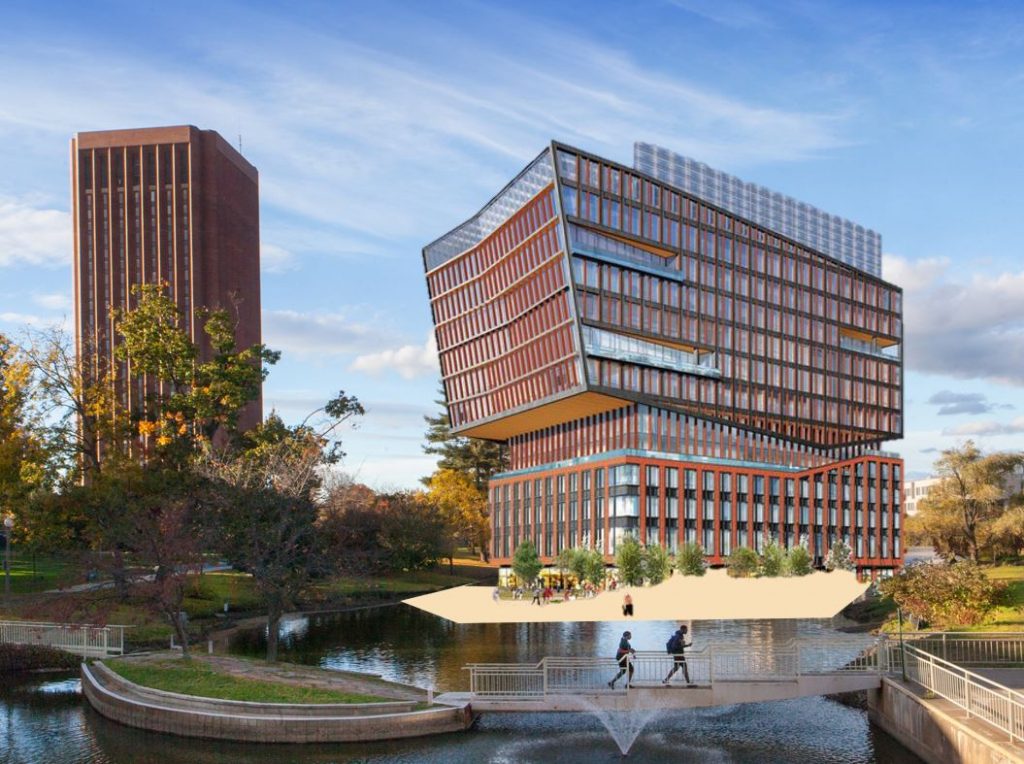
This month’s featured researcher is Kirby Deater-Deckard. Kirby is a Professor in the Department of Psychological & Brain Sciences. He is also the Graduate Program Director for the Neuroscience and Behavior Graduate Program. He runs the Individual Differences in Development Lab, which conducts research on facets of human development spanning cognition, emotion, and behavior, emphasizing the interaction of biological and environmental factors. He is co-author on a paper that appeared in Cognitive Developmental Neuroscience entitled, “Maltreatment and brain development: The effects of abuse and neglect on longitudinal trajectories of neural activation during risk processing and cognitive control”.
Here’s what else is new for ‘ ”University of Massachusetts” AND Amherst AND neuroscience’ in PubMed. These publications appeared on line in April. They are just a fraction of the neuroscience research that occurs on campus. You can click on the PubMed ID to find the publication.
Continue reading












